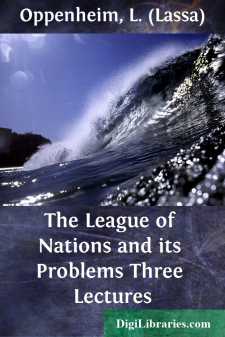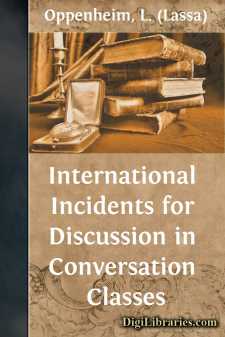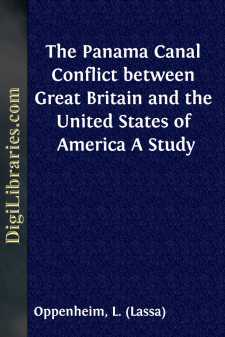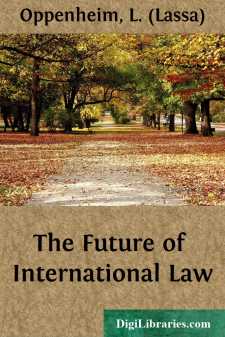Categories
- Antiques & Collectibles 13
- Architecture 36
- Art 48
- Bibles 22
- Biography & Autobiography 813
- Body, Mind & Spirit 142
- Business & Economics 28
- Children's Books 14
- Children's Fiction 11
- Computers 4
- Cooking 94
- Crafts & Hobbies 4
- Drama 346
- Education 46
- Family & Relationships 57
- Fiction 11828
- Games 19
- Gardening 17
- Health & Fitness 34
- History 1377
- House & Home 1
- Humor 147
- Juvenile Fiction 1873
- Juvenile Nonfiction 202
- Language Arts & Disciplines 88
- Law 16
- Literary Collections 686
- Literary Criticism 179
- Mathematics 13
- Medical 41
- Music 40
- Nature 179
- Non-Classifiable 1768
- Performing Arts 7
- Periodicals 1453
- Philosophy 64
- Photography 2
- Poetry 896
- Political Science 203
- Psychology 42
- Reference 154
- Religion 513
- Science 126
- Self-Help 84
- Social Science 81
- Sports & Recreation 34
- Study Aids 3
- Technology & Engineering 59
- Transportation 23
- Travel 463
- True Crime 29
The League of Nations and its Problems Three Lectures
Categories:
Description:
Excerpt
PREFACE
The three lectures collected in this volume were prepared without any intention of publication. They were delivered for the purpose of drawing attention to the links which connect the proposal for a League of Nations with the past, to the difficulties which stand in the way of the realisation of the proposal, and to some schemes by which these difficulties might be overcome. When it was suggested that the lectures should be brought before the public at large by being issued in book form I hesitated, because I was doubtful whether the academic method natural to a University lecture would be suitable to a wider public. After consideration, however, I came to the conclusion that their publication might be useful, because the lectures attempt to show how the development initiated by the two Hague Peace Conferences could be continued by turning the movement for a League of Nations into the road of progress that these Conferences opened.
Professional International lawyers do not share the belief that the outbreak of the World War and its, in many ways, lawless and atrocious conduct have proved the futility of the work of the Hague Conferences. Throughout these anxious years we have upheld the opinion that the progress initiated at the Hague has by no means been swept away by the attitude of lawlessness deliberately—'because necessity knows no law'—taken up by Germany, provided only that she should be utterly defeated, and should be compelled to atone and make ample reparation for the many cruel wrongs which cry to Heaven. While I am writing these lines, there is happily no longer any doubt that this condition will be fulfilled. We therefore believe that, after the map of Europe has been redrawn by the coming Peace Congress, the third Conference ought to assemble at the Hague for the purpose of establishing the demanded League of Nations and supplying it with the rudiments of an organisation.
How this could be accomplished in a very simple way the following three lectures attempt to show. They likewise offer some very slight outlines of a scheme for setting up International Councils of Conciliation as well as an International Court of Justice comprising a number of Benches. I would ask the reader kindly to take these very lightly outlined schemes for what they are worth. Whatever may be their defects they indicate a way out of some of the great difficulties which beset the realisation of the universal demand for International Councils of Conciliation and an International Court of Justice.
It is well known that several of the allied Governments have appointed Committees to study the problem of a League of Nations and to prepare a scheme which could be put before the coming Peace Congress. But unless all, or at any rate all the more important, neutral States are represented, it will be impossible for an all-embracing League of Nations to be created by that Congress; although a scheme could well be adopted which would keep the door open for all civilised States....





